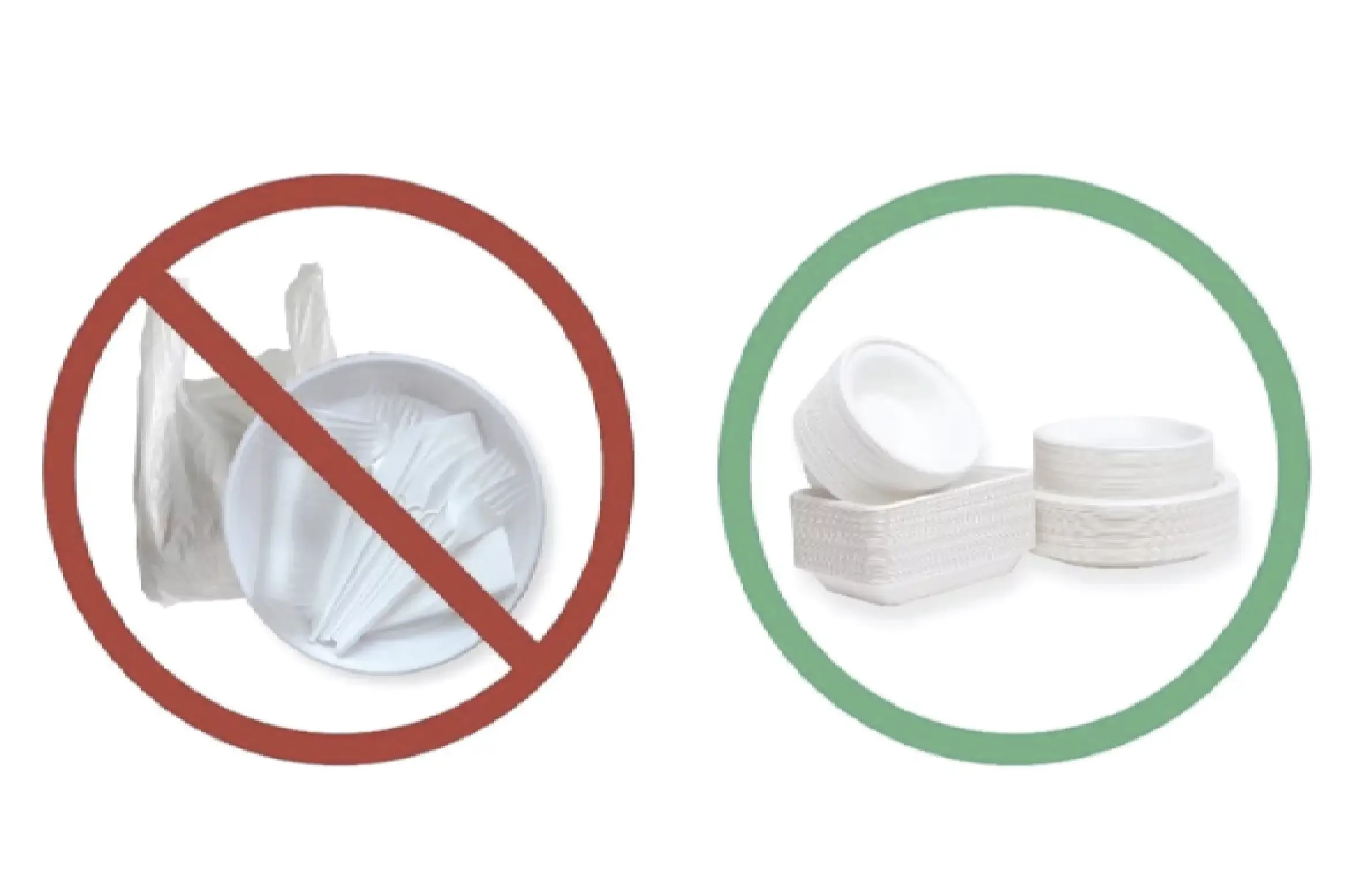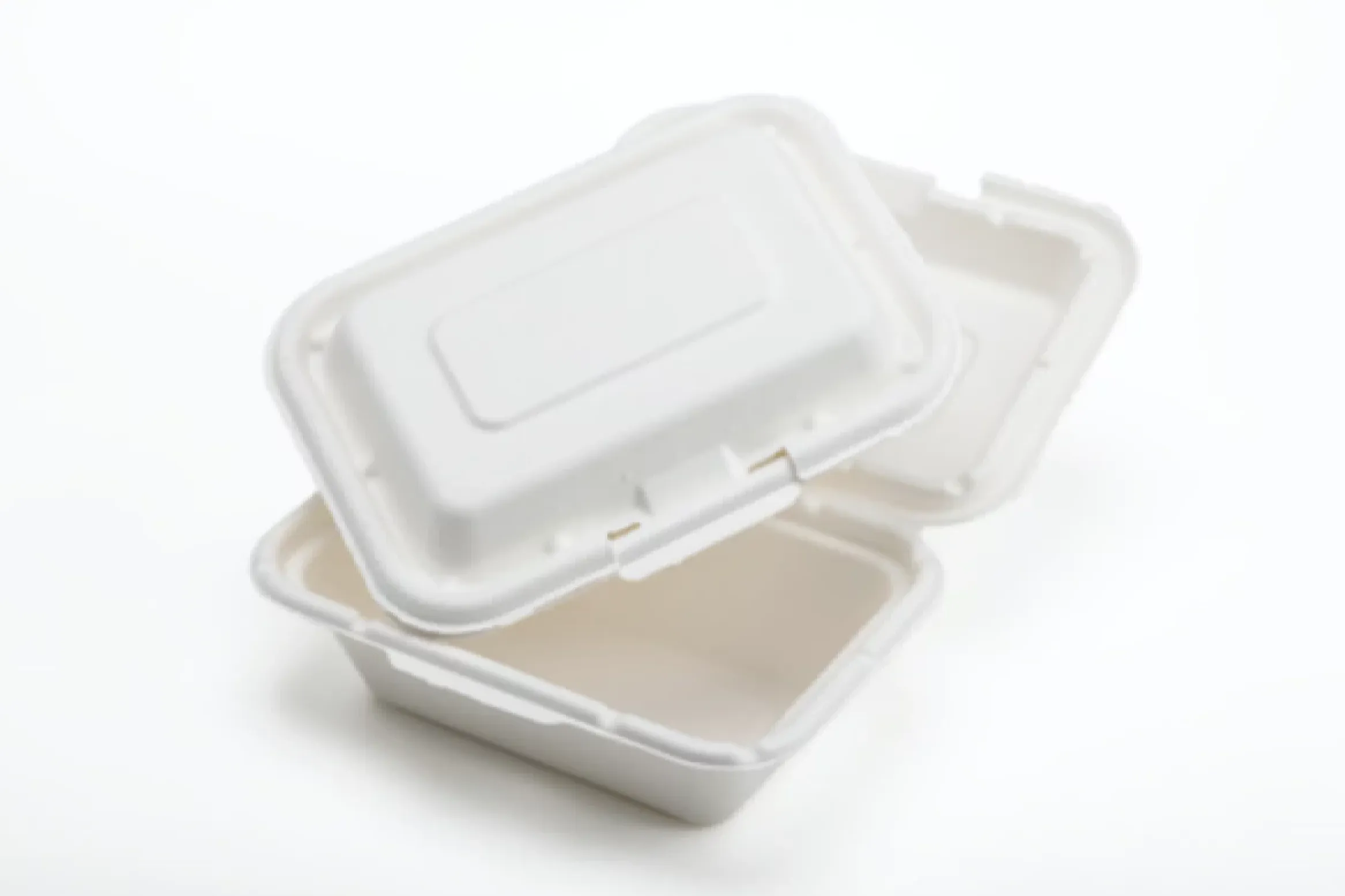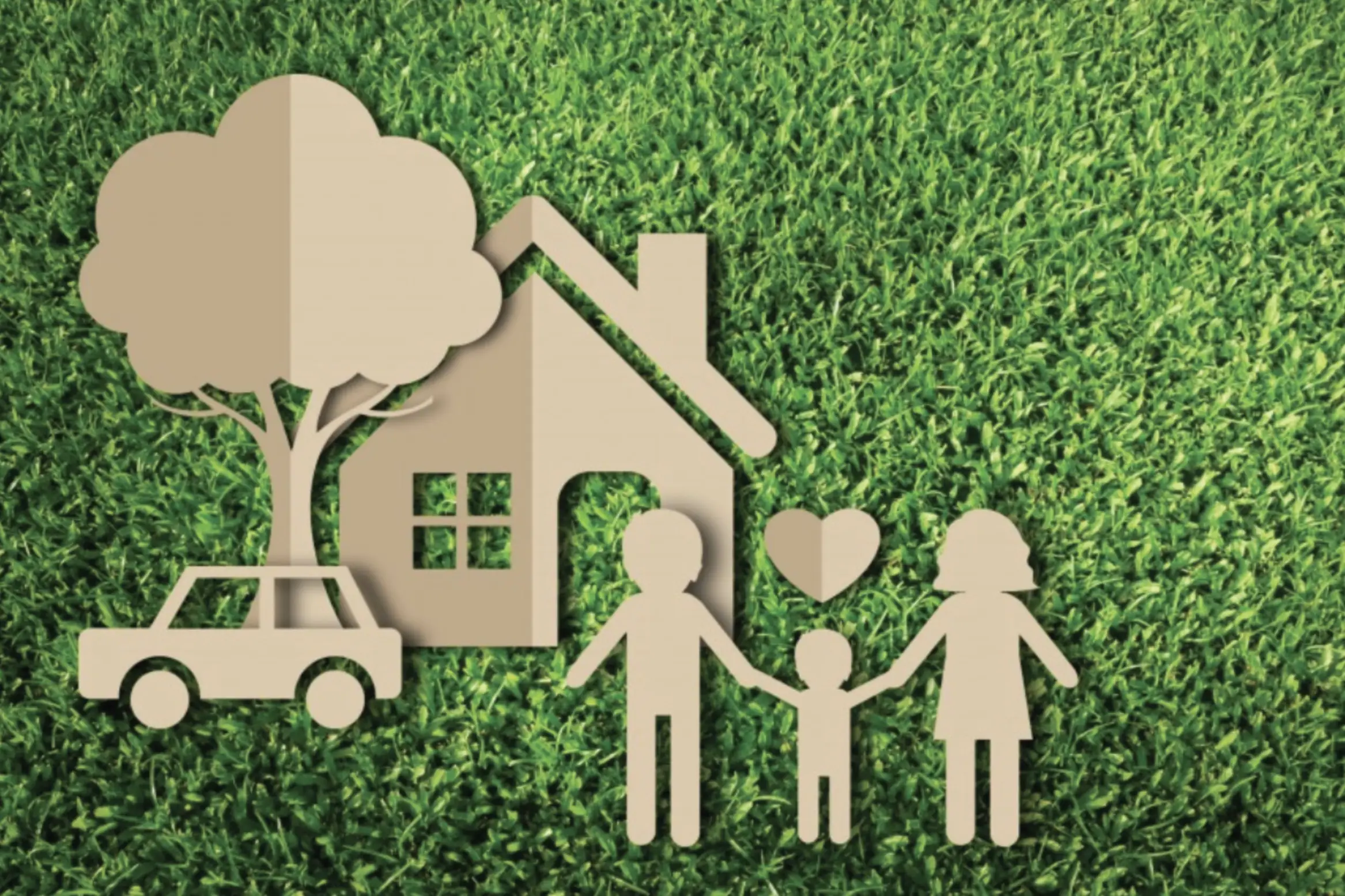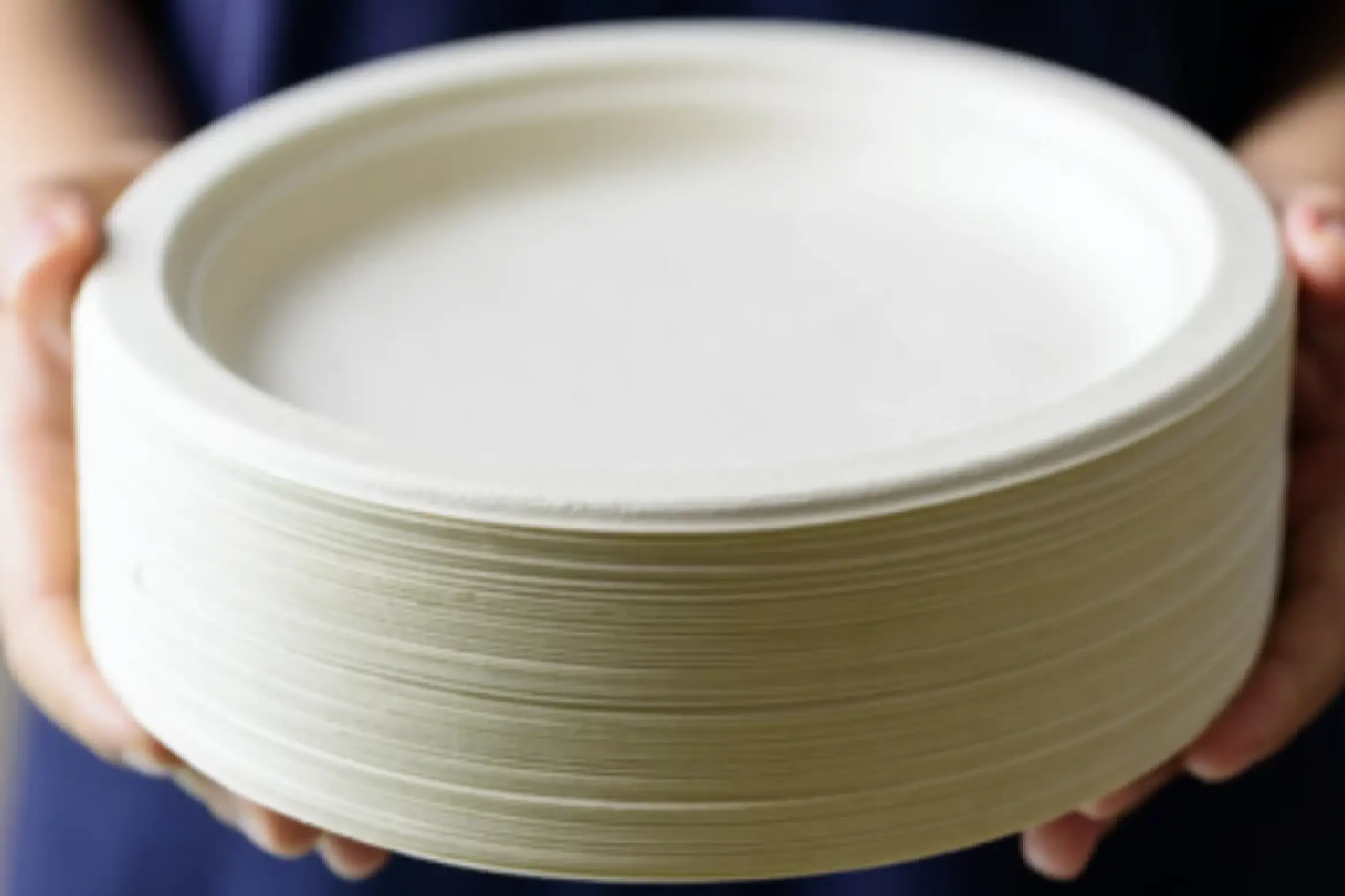Recent Posts
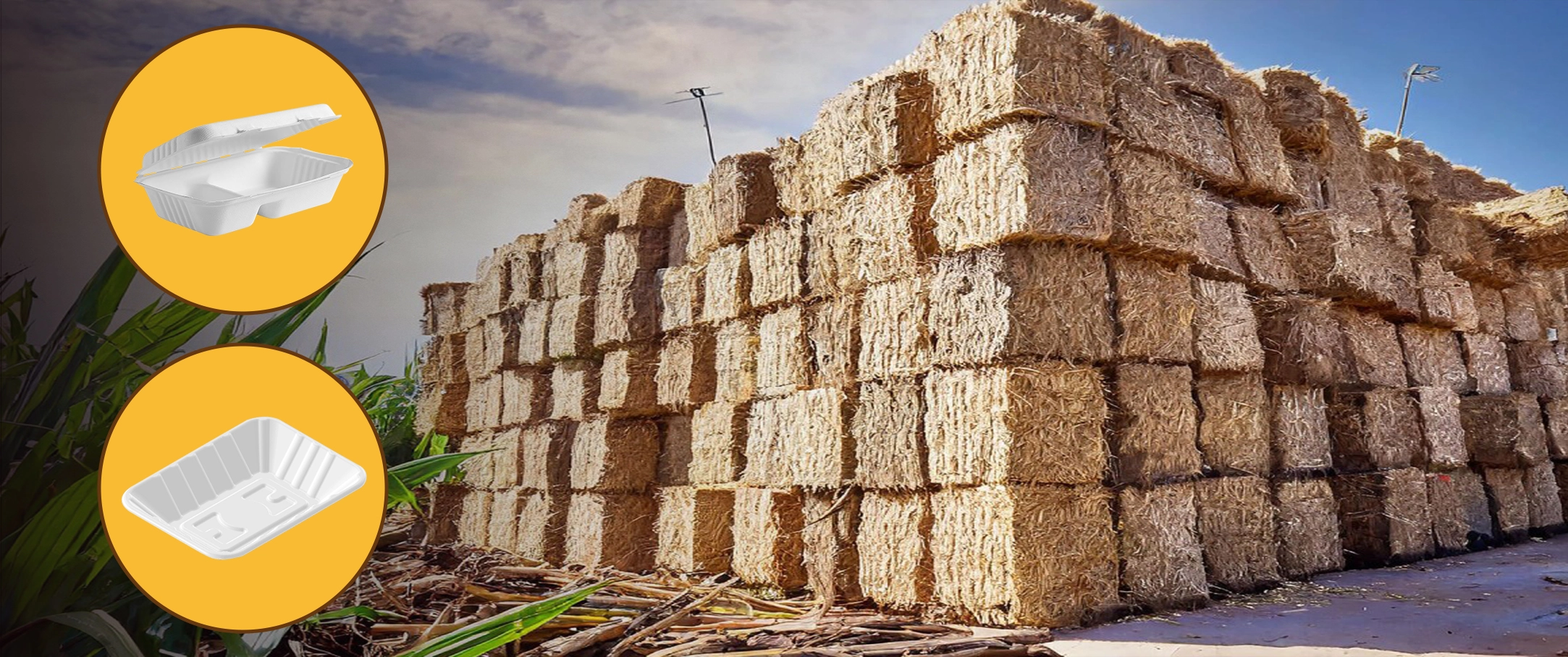
From Waste to Wonder: The Journey of Bagasse in Eco-Conscious Tableware
As the global conversation around sustainability grows louder, the demand for eco-conscious products is on the rise. Among the many innovative materials reshaping the landscape of green living, bagasse has emerged as a standout. What was once considered agricultural waste is now celebrated as a sustainable solution for disposable tableware. But how does this transformation take place? Let’s explore the remarkable journey of bagasse from waste to wonder in the realm of eco-friendly tableware.
What is Bagasse?
Bagasse is the fibrous byproduct left after sugarcane stalks are crushed to extract their juice. For many years, it was seen as a waste product of sugar production, often discarded or burned. However, with the rise of environmental awareness, bagasse has found a new purpose as a sustainable raw material, particularly in the production of biodegradable and compostable tableware.
The Problem with Traditional Tableware
Before diving into the journey of bagasse, it’s important to understand why alternatives are necessary. Traditional disposable tableware, especially plastic, is a major contributor to environmental pollution. Plastic products take hundreds of years to break down and often end up in landfills or oceans, causing harm to wildlife and ecosystems. In contrast, eco-friendly materials like bagasse offer a solution that’s both functional and sustainable.
The Journey of Bagasse: From Waste to Eco-Friendly Tableware
- Harvesting Sugarcane: The journey begins in the fields where sugarcane is grown. Sugarcane is a renewable resource, harvested annually in tropical and subtropical regions. After the cane is harvested, the juice is extracted to produce sugar, leaving behind the fibrous stalks known as bagasse.
- Processing Bagasse: Once the sugarcane juice is extracted, the remaining bagasse is collected and processed. The fibers are washed, refined, and converted into a pulp. This pulp is the raw material used to manufacture eco-friendly products, including tableware.
- Molding the Pulp: The processed bagasse pulp is then molded into various shapes to create plates, bowls, cups, and clamshell containers. This process is done using high heat and pressure, ensuring that the resulting products are durable and sturdy enough for practical use.
- Composting and Biodegradability: One of the most remarkable features of bagasse tableware is its ability to decompose naturally. Unlike plastic, which takes centuries to break down, bagasse products are fully biodegradable and compostable. When discarded in a composting environment, bagasse tableware breaks down within a few months, returning to the earth as organic matter.
Why Bagasse is the Ideal Choice for Eco-Conscious Tableware
- Sustainable and Renewable Resource: Bagasse is derived from sugarcane, a crop that regenerates annually. This makes it a renewable resource that can be continuously harvested without depleting the earth’s natural resources. Using bagasse as a raw material helps reduce the reliance on petroleum-based plastics and other non-renewable resources.
- Reducing Waste and Pollution: By utilizing bagasse for tableware production, we’re turning agricultural waste into something useful and valuable. Instead of discarding or burning bagasse, which can contribute to air pollution, this material is repurposed to create eco-friendly alternatives to plastic. This process helps minimize waste and reduce the environmental footprint of the sugar industry.
- Compostable and Biodegradable: Bagasse tableware is fully compostable, meaning it can be broken down into nutrient-rich organic matter that enriches the soil. It’s also biodegradable, ensuring that it won’t linger in landfills or oceans for centuries. In a world where plastic waste is a growing concern, bagasse offers a solution that returns to nature without causing harm.
- Functional and Durable: Bagasse tableware isn’t just environmentally friendly—it’s also highly functional. It can withstand high temperatures, making it microwave- and freezer-safe, and it’s resistant to oil and water. Whether used for hot or cold dishes, bagasse tableware performs as well as traditional disposable products, offering convenience without the guilt of environmental harm.
- Non-Toxic and Safe for Food Use: Unlike plastic, which often contains harmful chemicals like BPA and phthalates, bagasse is a natural material free from toxins. It’s safe for food use, ensuring that the meals you serve are as healthy as they are eco-friendly.
Dinearth: Pioneering the Bagasse Revolution
At Dinearth, we are proud to be at the forefront of the bagasse tableware revolution. Our mission is to transform waste into wonder by producing high-quality, biodegradable, and compostable products that meet the demands of modern living. Our tableware is made from 100% natural plant fibers, including bagasse, and is designed to support a sustainable future.
By choosing Dinearth’s bagasse tableware, you’re not just making a smart decision for your dining needs—you’re also contributing to a greener planet. Every plate, bowl, and cup represents a step towards reducing plastic waste and promoting eco-conscious living.
The Future of Tableware is Green
As we continue to face the environmental challenges of our time, the need for sustainable solutions becomes more pressing. Bagasse tableware offers a glimpse into the future of dining—one where convenience and eco-consciousness go hand in hand. It’s a future where waste is repurposed into valuable resources, and everyday products are designed with the planet in mind.
From its humble beginnings as agricultural waste to its current role as a game-changer in eco-conscious tableware, the journey of bagasse is a testament to the power of innovation and sustainability. At Dinearth, we believe that every small change can make a big difference, and by choosing bagasse tableware, you’re helping to shape a cleaner, greener world for future generations.
From waste to wonder, bagasse represents the future of eco-friendly dining. Join the movement and make the sustainable choice today.
